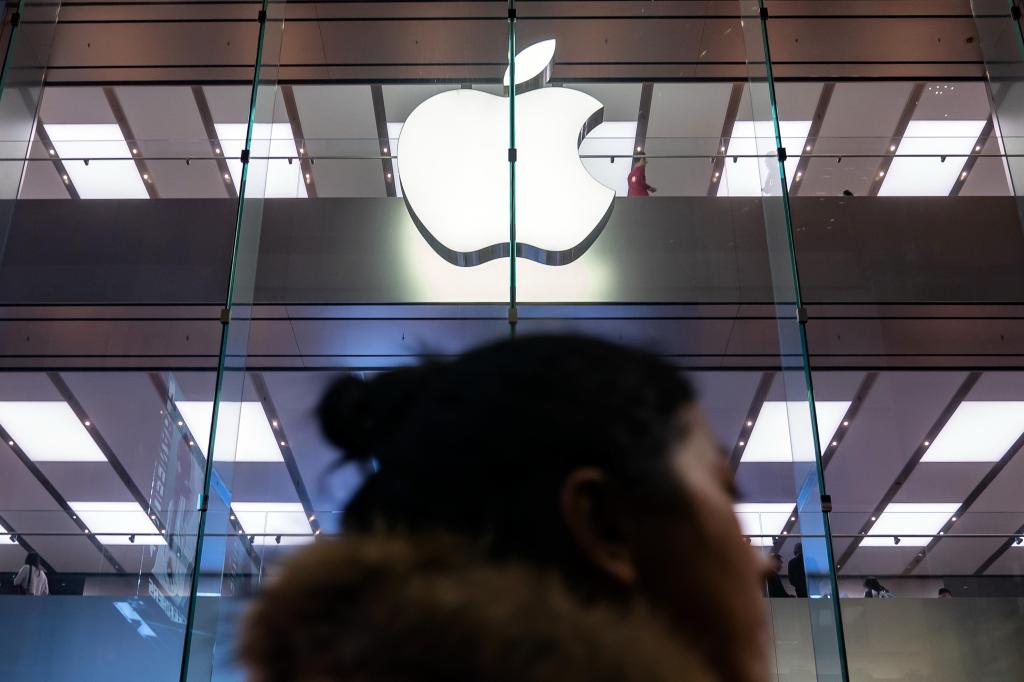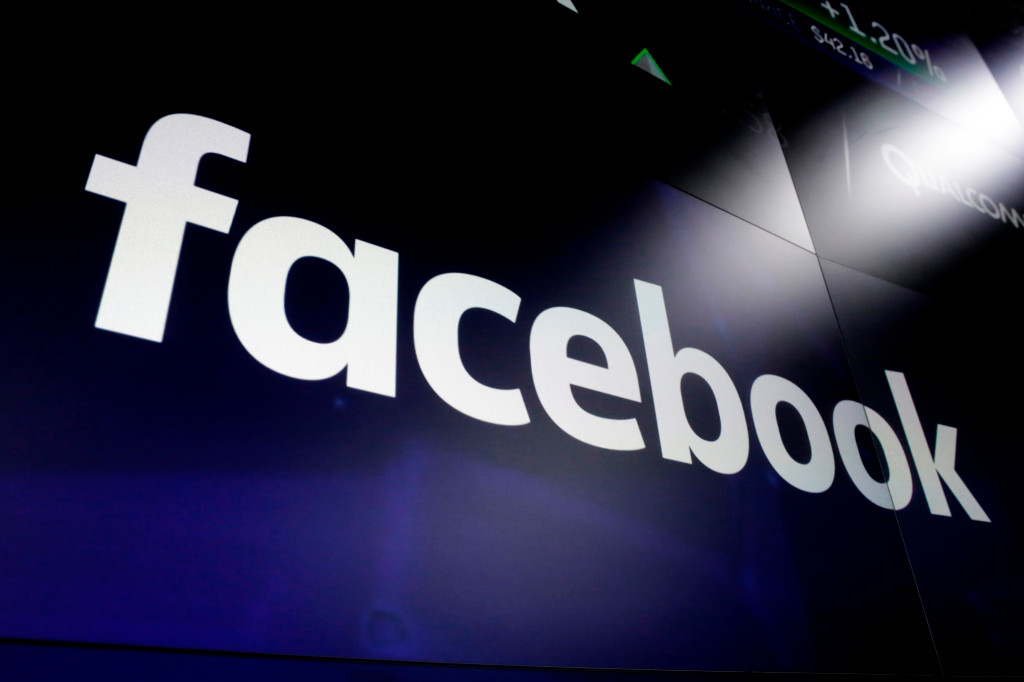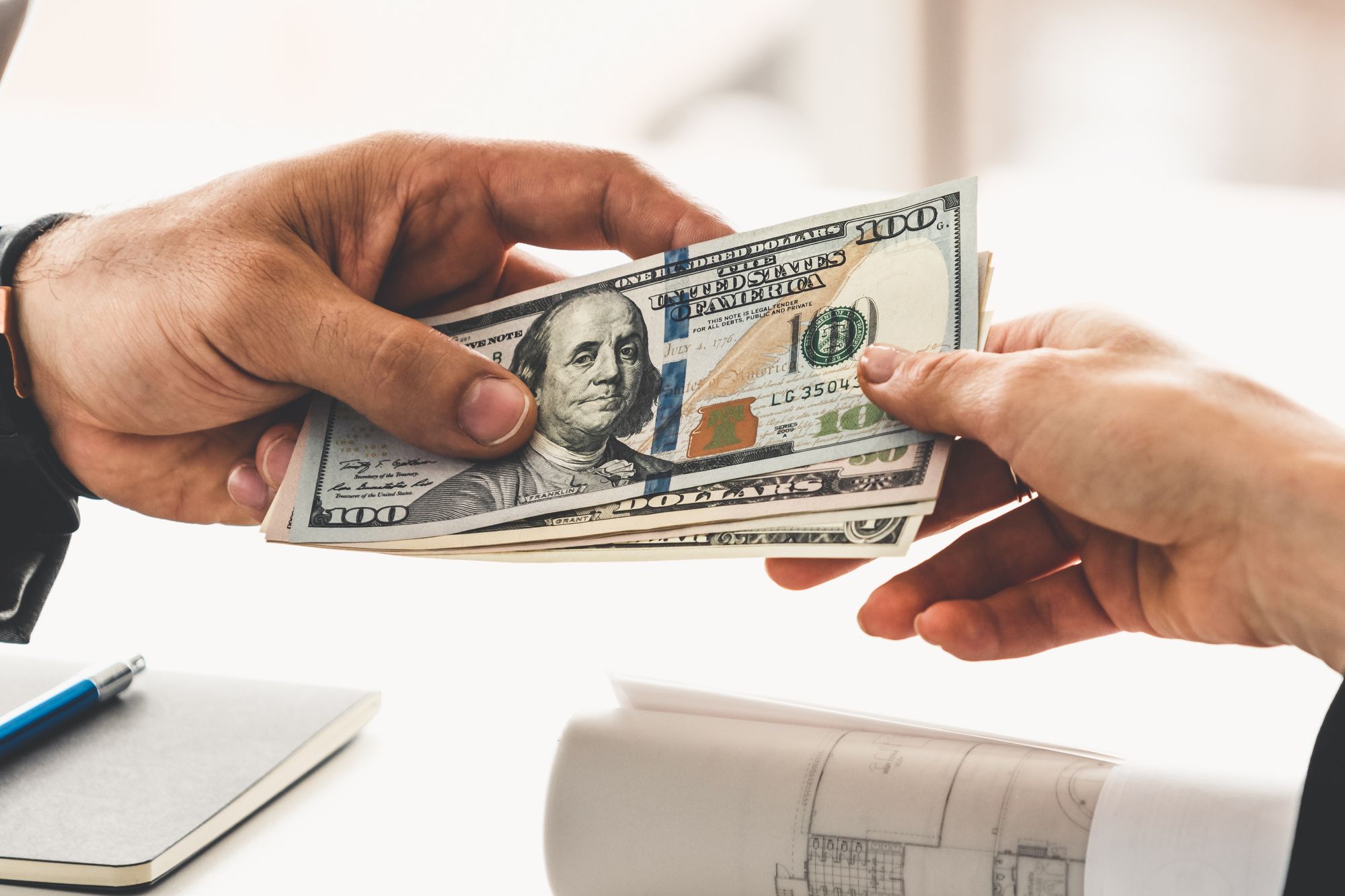Major tech stocks such as Apple, Intel and Cisco Systems retreated Monday, with investors turning their backs on Wall Street after President Donald Trump threatened to slap massive new tariffs on Chinese goods if the world’s two largest economies can’t reach a new trade deal.
But while those tech titans, and the overal market ended the day in the red, the losses were nearly erased following reports that a delegation of Chinese government officials still plans on coming to the United States later in the week in order to work on a deal to avert a trade war between the world’s two largest economies.
The blue chip Dow Jones Industrial Average, which had been down by more than 400 points at the start of trading, managed to almost end the day in positive territory, and closed with a loss of 66.47 points at 26,438.48, The tech-heavy Nasdaq Composite Index gave up 40.7 points, to finish at 8,123.29, and the broad-based Standard & Poor’s 500 Index trimmed its losses to close down by 13.17 points at 2,932.47.
The impetus for the day’s negativity was a series of tweets that Trump sent Sunday, in which he said he would increase tariffs on $200 billion worth of imported Chinese products from 10% to 25% if a trade deal is not reached by Friday.
….of additional goods sent to us by China remain untaxed, but will be shortly, at a rate of 25%. The Tariffs paid to the USA have had little impact on product cost, mostly borne by China. The Trade Deal with China continues, but too slowly, as they attempt to renegotiate. No!
— Donald J. Trump (@realDonaldTrump) May 5, 2019
“The Trade Deal with China continues, but too slowly, as they attempt to renegotiate. No!” said Trump in one of his Sunday tweets.
Trump has argued that one of the reasons for putting new tariffs of Chinese products would be to retaliate against China for failing to crack down on the theft of intellectual property (IP) of U.S. tech companies.
“Resolving long-standing IP issues in China are a major focus of software and chip vendors as well as (Wall) Street, with ongoing negotiations helping shine a brighter spotlight on these IP issues,” said Dan Ives, managing director of Wedbush Securities.
Ives said because of the nature of the trade talks, many leading tech companies are “caught in the crossfire” of investors’ fears and Washington’s negotiating stance.
Among Bay Area tech leaders, Apple shed 1.5 percent, to close at $208.48 a share; Intel shares slipped by 0.4 percent, to end the day at $51.22; Cisco Systems shares pared back by 0.6 percent to $54.59; and Advanced Micro Devices gave up 2.8 percent, to close at $27.42 a share.
Those losses were trimmed on reports that Chinese trade officials still intended on coming to Washington this week in order to try to finalize trade agreements with the U.S. However, CNBC reported that it was still unknown if China’s Vice Premier, Liu He, will attend the talks. Liu has been described as the “closer” with regards to wrapping up the trade talks.
The United States and China have been negotiating a trade deal for months, and the countries had been in a state of peace for several weeks as talks continued and prepared to reach their conclusion this week.
In addtion to saying he would raise the tariffs on $200 billion worth of Chinese products on Friday, Trump also tweeted that he would impose a 25% tariff on another $325 billion of Chinese goods “shortly,” saying that those products currently “remain untaxed.”
Trump’s escalation of trade-war rhetoric came just a few days after the U.S. Labor Department delivered a report that highlighted the strong state of the American economy and workforce. This past Friday, the Labor Department said the nation’s unemployment rate had fallen to its lowest level since 1969.
“The President’s tweets imply he no longer believes the current tariffs have had a negative effect on the U.S. economy,” UBS analyst Robert Martin said in a research note Monday. “If the President follows through, this round of negotiations will likely break down and we would expect a new round of talks would be difficult to restart.”
But Martin also said that we have seen these kinds of actions before from Trump, and that such statements have usually turned out to be tactics before reaching final deals on trade and business agreements.
“We continue to assume that trade talks, by hook or crook, continue and that ultimately the two sides reach agreement,” he said.










